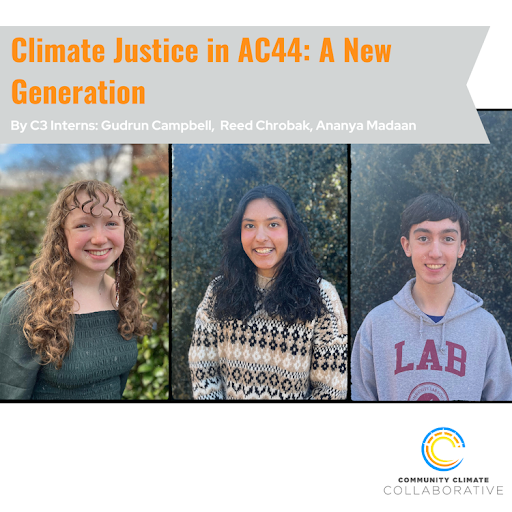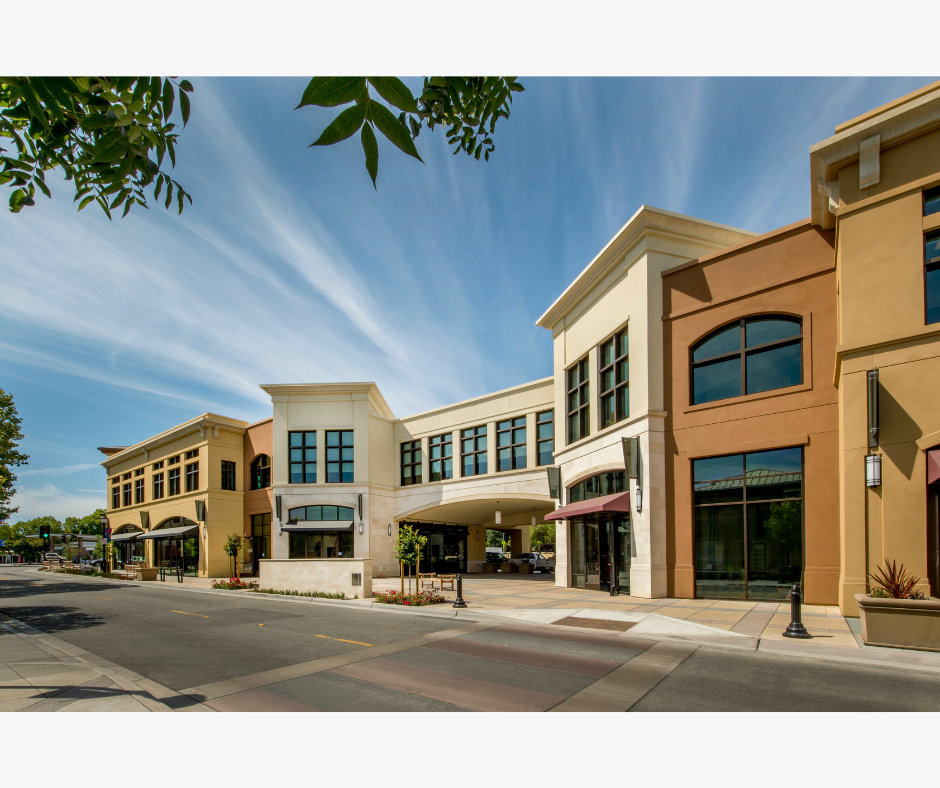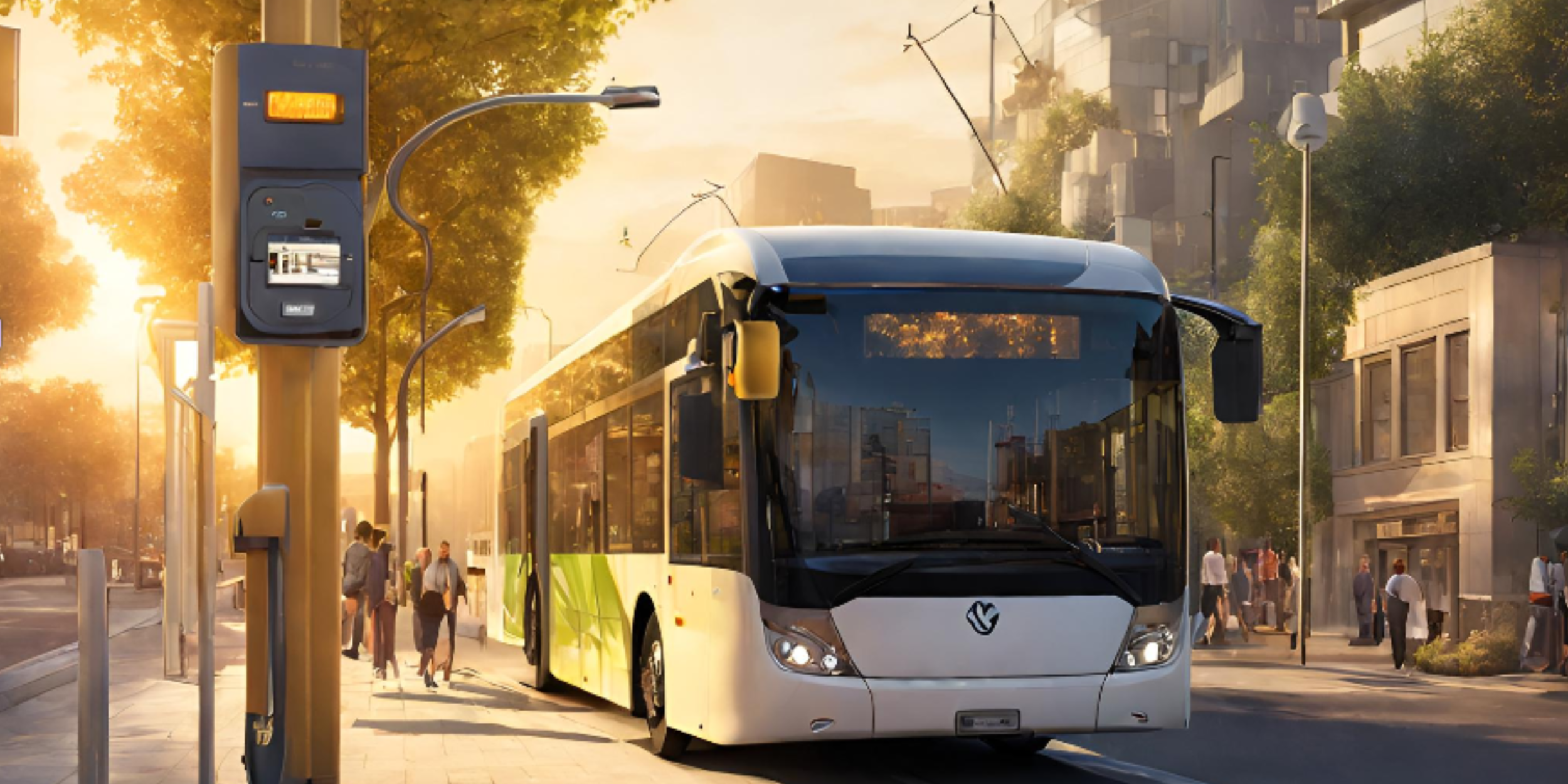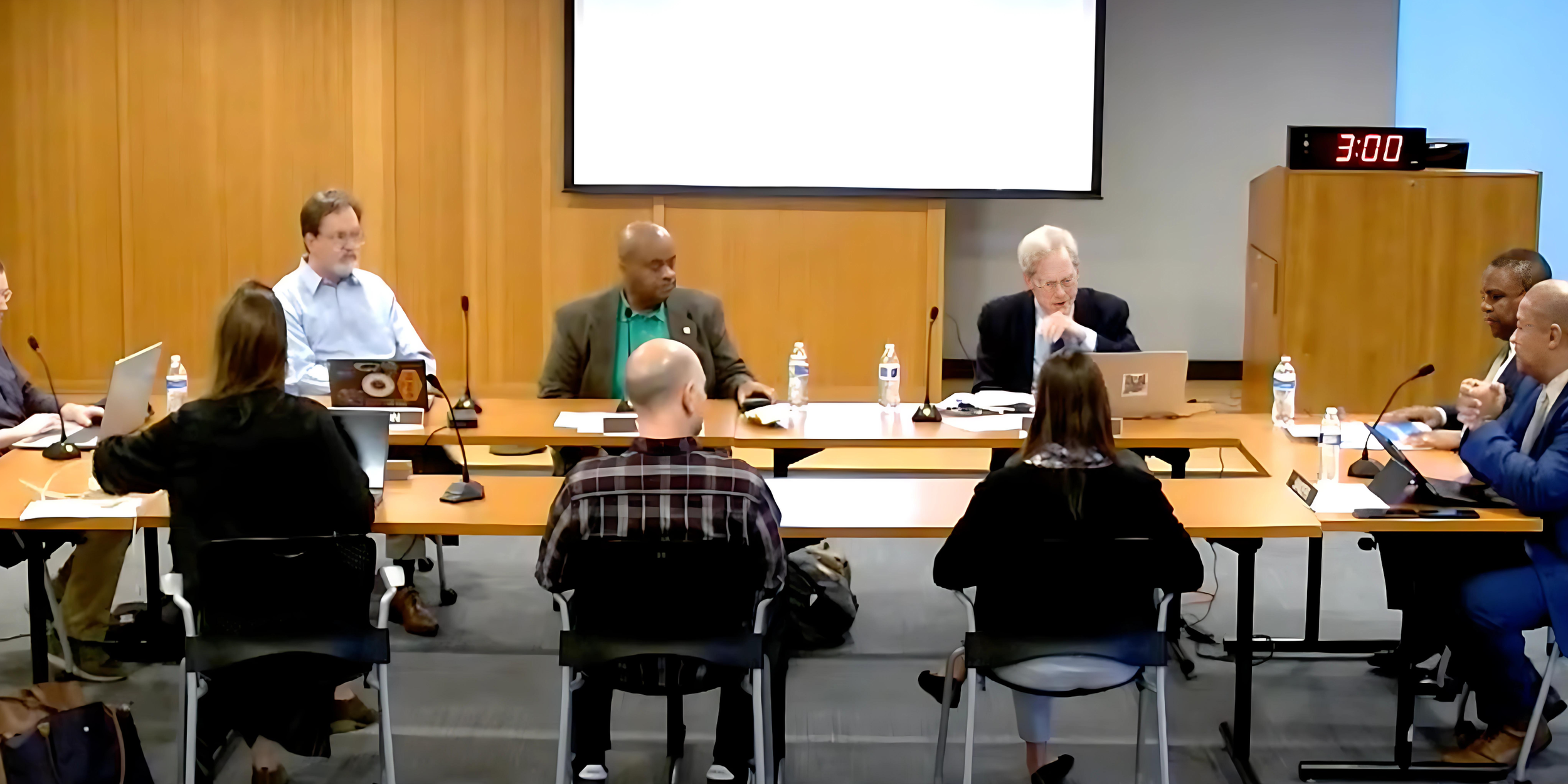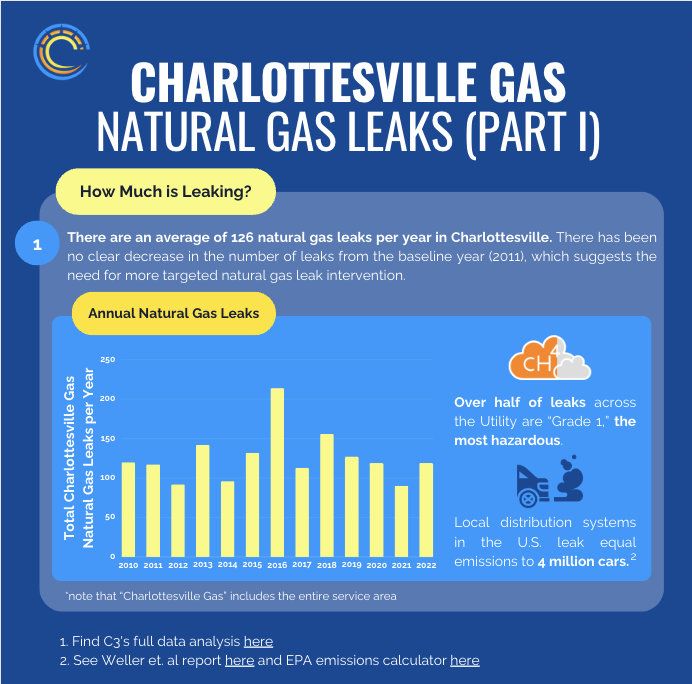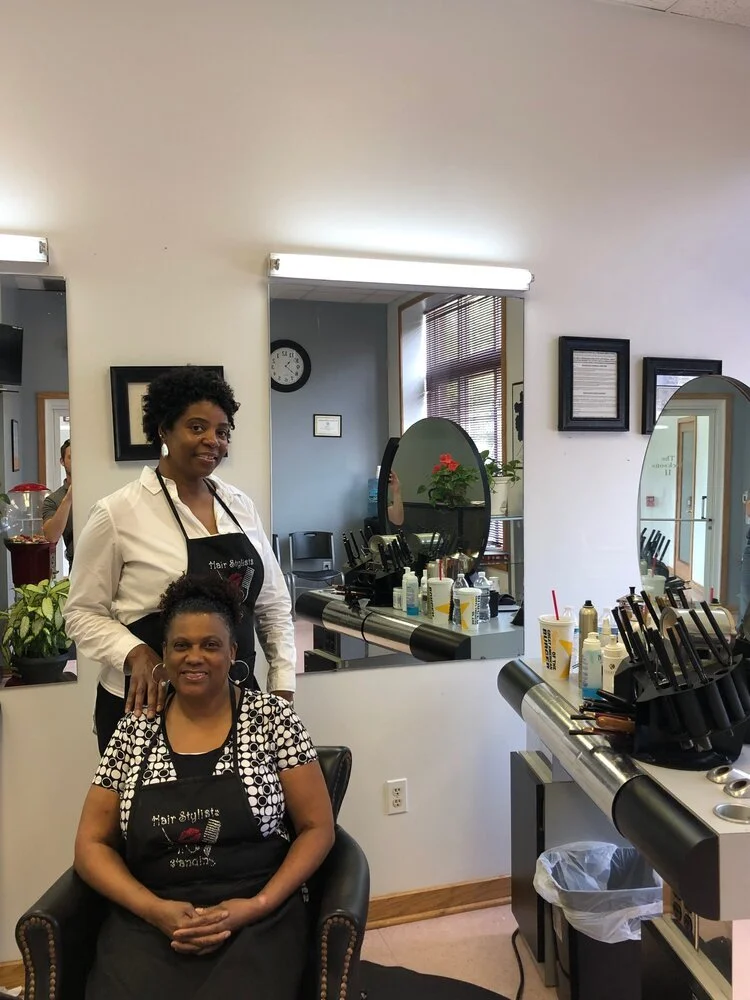
C3 Blog
Climate Justice in AC44: A New Generation
Climate change exposes the systemic and social inequalities that are present at every level of society. Extreme weather disasters, irregular crop cycles, and a warming planet will be devastating for communities around the world, but that devastation will not be distributed equally. Instead, it is the communities that are most vulnerable and least responsible for the climate crisis who will be forced to bear its heaviest burden, and who will feel its most severe, most immediate effects [1]. It is therefore critical that we approach the climate emergency from the perspective of climate justice.
Heat of Change: Natural Gas Decarbonization and the Quest for Climate Justice
When most people think about climate action in the commercial sector, we think about large corporations, and for good reason. They make up a significant percentage of our economy, and the imagery of these organizations - large factories, skyscraping headquarters, and fleets of trucks - are most closely linked with carbon emissions and the climate shifts they are inducing.
Why Local Businesses Must Be Involved in the Climate Conversation
When most people think about climate action in the commercial sector, we think about large corporations, and for good reason. They make up a significant percentage of our economy, and the imagery of these organizations - large factories, skyscraping headquarters, and fleets of trucks - are most closely linked with carbon emissions and the climate shifts they are inducing.
POV: I Installed Solar Panels on My Townhome!
I’m Sarah Delgado, the Operations Manager here at C3 and I recently purchased solar panels for my house! If you’re curious about the installation process, here are a few things I learned along the way.
Because we believe in reducing our carbon footprint, I had been wanting to go solar for quite a few years. Finally in that “forever” home, my partner and I looked into solar options. We already own one EV, and with plans to purchase another, thinking about driving on solar energy alone was a big motivator for us!
In this blog, I speak solely from my experience. Your solar panel journey may be completely different from mine, but I hope this blog encourages you to begin exploring your local solar installation options.
From Pollution to Progress: CAT's Leap Towards Zero-Emission Public Transit
In our previous blog post [1], C3 celebrated the unanimous decision by Charlottesville City Council to propel the adoption of zero-emission fuel types for CAT buses, eschewing future use of pollution-emitting fuels like diesel and compressed natural gas (CNG). This move was propelled both by the dedication of the City Council and CAT, as well as by the advocacy of community groups striving for a cleaner, more sustainable future of transport within Charlottesville. It represents a substantial stride towards achieving the City’s climate goals.
However, this decision, though significant, is merely a first step. There is still much ground to cover in addressing our current and more short-term obstacles to reducing greenhouse gas (GHG) emissions from transportation. This pertains to both the wider community and the City’s internal combustion buses. How CAT navigates these challenges will be pivotal in determining whether public transit in Charlottesville will facilitate or impede the city in achieving its ambitious GHG emissions-reduction objectives in the coming decades.
Charlottesville Moves Forward with Zero-Emission Fuel Choices
On Tuesday evening, the Charlottesville City Council voiced unanimous support for moving forward with further study and planning for the adoption of zero-emission fuel types to power Charlottesville Area Transit (CAT) buses, closing the door for future tailpipe pollution-emitting fuels like diesel and compressed natural gas (CNG). This latest development in the ongoing Alternative Fuels Study process represents a major step forward for powering our city with clean, safe transportation and could not have been reached without the support of numerous partner organizations and community members.
Check out the blog post below to learn more about the latest update on the Alternative Fuels Study, why zero-emission buses (ZEBs) represent a climate justice win, and what’s next for Charlottesville transit.
It's Time for Charlottesville City Council to Get on the Bus
Becoming a carbon-neutral city by 2050 is an achievable yet daunting task. It requires each segment of our community to investigate solutions and create an actionable plan to reach our climate goals. The best plans ensure that the transition will be both efficient and just, and the city of Charlottesville must lead the way to demonstrate what’s possible.
New Year, New Fuel: Recommendations for the Cville Gas Decarbonization Study
Natural gas infrastructure is well documented to leak at every stage of production, from well extraction to pipeline transmission, local distribution, and appliance usage. The natural gas that leaks, unburned, from throughout the system is primarily comprised of methane gas, which has a warming potential 20–30 times greater than carbon dioxide.
New Year, New Fuel: Recommendations for the C-Ville Gas Decarbonization Study
Who’s Using Natural Gas? The Utility breaks down consumption into the following four categories: government, residential, commercial, multifamily, medical, and industrial. For each category, it tracks how much gas is used by Charlottesville and Albemarle. In 2022, when considering all types of customers categories, Albemarle County used roughly twice as much natural gas as the City of Charlottesville, with its largest share of gas being consumed by “government” uses.
New Year, New Fuel: Recommendations for the Cville Gas Decarbonization Study
It’s the new year, and our resolution at the Community Climate Collaborative (C3) is to make zero carbon emissions communities a reality. Building off our zero-emissions public transportation campaign, we want to spend 2024 focusing on another source of emissions reductions often controlled by municipalities: natural gas utilities.
C3's 2023 Year in Review
At the Community Climate Collaborative (C3), our purpose is to make carbon-neutral communities a reality. Climate change can feel overwhelming, and it can be hard to see positive progress. That’s why we love working at the local level. Every day, we see individuals, businesses, and local decision-makers take action. 2023 was no exception. In many ways, it was our most impactful year yet.
Zero-Emission Buses, Human Health, and Environmental Justice
The Charlottesville City Council will be voting on an alternate fuel source for the area transit system (CAT) in the upcoming months. The vote will be a crucial moment for the city’s long-term environmental planning and infrastructure, potentially impacting human and non-human health for decades. C3 recently analyzed three of the potential bus fuels Charlottesville could switch to – certified natural gas, (battery-powered) electricity, and hydrogen – and found that battery electric buses (BEBs) provide not only the most cost-effective option, but also the most environmentally just.
2023 Party for the Planet Recap
Our 2023 Party for the Planet was huge success, with over 300 people in attendance, 12 climate leadership awards presented, 17 partner organization tables, and food and drink provided by our wonderful vendors. We had a blast celebrating successful climate action with the people and organizations who make it possible!
12 Small Businesses Slash Emissions and Save Money
With our Energy Efficiency Grants program, we work directly with small, minority-owned businesses to identify the most impactful opportunities for energy savings, and award energy efficiency upgrades that will benefit the grant winners for years to come. Learn more about our 2023 winners!
Mini-Grant Program Helps City Business Owners with their Energy Efficiency
As part of the 2020 Better Business Challenge, the Community Climate Collaborative is excited to once again partner with the City of Charlottesville’s Economic Development Office to offer Mini-Grants to income-qualifying business owners to implement energy savings projects (or other sustainability-focused projects). These grants are designed to enable participating City businesses to implement sustainability initiatives that both save money and reduce environmental impact in ways that may not be otherwise possible.

